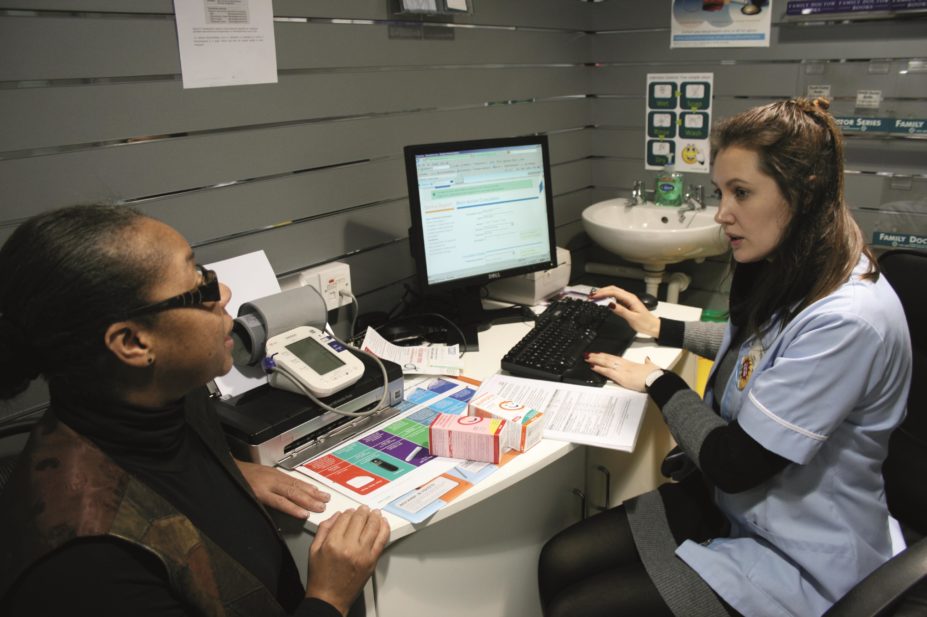
MAG / The Pharmaceutical Journal
Exclusive: Plans to end a minor ailments service (MAS) that runs across 14 London boroughs will not be implemented until the end of March 2019 because of fears over how it could affect vulnerable patients, The Pharmaceutical Journal has learnt.
The stay of execution follows warnings from pharmacists and GPs to NHS England London region officials about the impact that abolishing the community pharmacy-led service would have on vulnerable people who rely on it.
They added that ending the MAS could put increased pressure on GP and hospital emergency services that are already stretched.
In June 2018, NHS England London announced that it was ending the MAS on several grounds, including that it was not a London-wide service and so was “inequitable”; the service specifications were “not fit for purpose”; and that some patients were regularly accessing the service for regular supplies of paracetamol and ibuprofen rather than when they had an acute need.
NHS England London also argued that pharmacists now working in GP surgeries could take on some of the MAS work and could direct patients to community pharmacists for self-management of care.
It also cited NHS England’s decision to limit routine prescribing of over-the-counter (OTC) products for 35 minor or self-limiting conditions, which was announced in March 2018. The OTC ban, which NHS England says will save the NHS around £136m a year, will not apply to some patient groups, including those who are assessed to be “socially vulnerable”.
A letter from NHS England London to CCGs and local pharmaceutical committees (LPCs) in the capital, sent on 10 August 2018 and seen by The Pharmaceutical Journal, said the MAS would now run until the end of March 2019.
It confirmed that it was also now in talks with community pharmacists and GPs in City and Hackney CCG and LPC to develop a model — which could be rolled out across London — to identify patients who may not be able to manage their own care “as a consequence of medical, mental health or significant social vulnerability” and establish how they can still access OTC medicines for minor ailments from community pharmacy.
The letter said: “All parties are in agreement that community pharmacies are best placed to support the management of self-care for minor conditions, but there is general consensus that the current minor ailment schemes require revising.”
Hitesh Patel, chief executive officer of City and Hackney LPC, told The Pharmaceutical Journal that the local MAS provided 64,000 consultations in 2017.
He welcomed the reprieve: “This is what we have been fighting for. We wanted to make sure that in deprived populations people would still be able to get their medicines. But I am not sure how we are going to figure out how people are [defined to be] ‘socially vulnerable’ — that is going to be the challenge for us.
“It would be very difficult to come up with some sort of means test to prove you are eligible and I don’t want to embarrass people and ask them to complete a means test every time they have a fever — that defeats the object of the MAS.
“But the good thing is that NHS England has recognised that there was a problem in Hackney and some of the North East London boroughs which have huge deprived populations.”
London is due to become one of the areas in the UK that will implement the next stage of the Digital Minor Illness Referral Scheme (DMIRS) in autumn 2018.
However, a spokesperson for NHS England London region said the DMIRS was not a replacement for the MAS.


